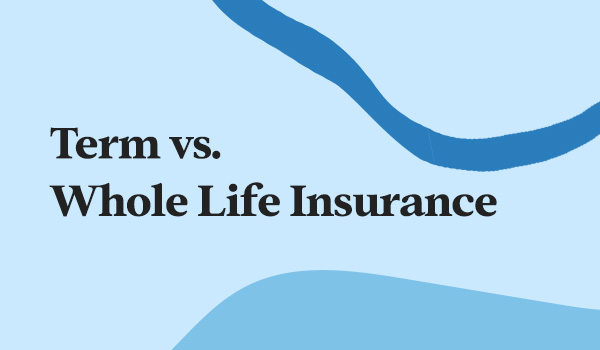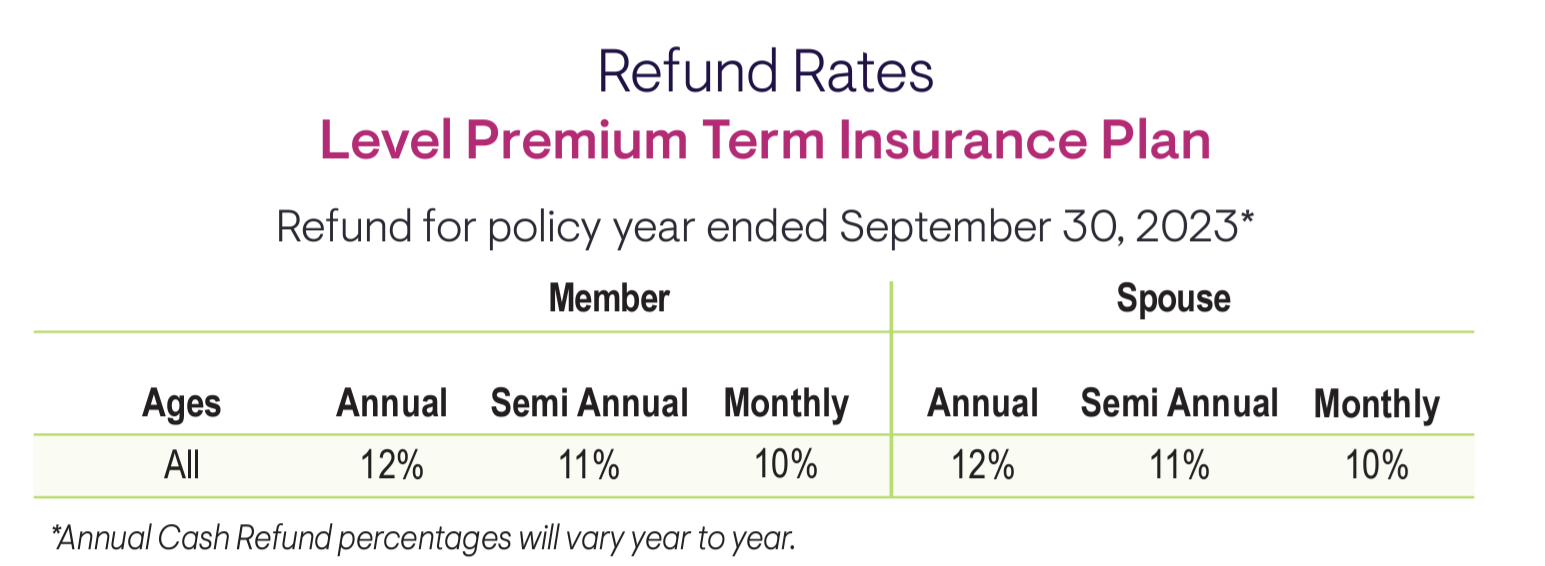All Categories
Featured
Table of Contents

A level term life insurance policy policy can give you comfort that individuals that rely on you will have a death advantage during the years that you are intending to support them. It's a way to aid deal with them in the future, today. A degree term life insurance coverage (often called degree premium term life insurance policy) policy offers protection for a set number of years (e.g., 10 or twenty years) while keeping the costs settlements the exact same for the duration of the policy.

With degree term insurance coverage, the expense of the insurance policy will stay the exact same (or possibly reduce if returns are paid) over the regard to your policy, normally 10 or 20 years. Unlike long-term life insurance coverage, which never expires as long as you pay costs, a degree term life insurance policy policy will end at some time in the future, usually at the end of the duration of your level term.
What is Voluntary Term Life Insurance? Quick Overview
Due to this, many individuals use permanent insurance as a steady financial preparation tool that can offer several needs. You might have the ability to convert some, or all, of your term insurance during a set duration, generally the first 10 years of your plan, without requiring to re-qualify for coverage also if your health and wellness has altered.

As it does, you may wish to add to your insurance protection in the future. When you initially get insurance, you may have little financial savings and a huge mortgage. Ultimately, your financial savings will certainly grow and your home mortgage will diminish. As this occurs, you might intend to ultimately reduce your fatality advantage or think about converting your term insurance to an irreversible policy.
Long as you pay your premiums, you can relax simple recognizing that your loved ones will get a fatality advantage if you pass away throughout the term. Several term plans permit you the capacity to transform to irreversible insurance coverage without needing to take one more wellness exam. This can permit you to benefit from the additional benefits of an irreversible plan.
Degree term life insurance is among the simplest courses right into life insurance policy, we'll talk about the benefits and drawbacks to ensure that you can pick a plan to fit your requirements. Level term life insurance policy is one of the most typical and fundamental kind of term life. When you're seeking momentary life insurance policy strategies, degree term life insurance is one route that you can go.

You'll load out an application that consists of basic personal information such as your name, age, and so on as well as a more thorough set of questions concerning your medical history.
The short answer is no., for example, allow you have the convenience of death advantages and can build up cash value over time, meaning you'll have extra control over your benefits while you're alive.
What is 10-year Level Term Life Insurance? Find Out Here
Bikers are optional provisions included to your plan that can give you additional benefits and protections. Anything can occur over the course of your life insurance coverage term, and you want to be all set for anything.

There are circumstances where these advantages are developed into your plan, yet they can likewise be available as a different enhancement that requires additional repayment.
Latest Posts
Family Funeral Policy
Aarp Funeral Insurance
Life Insurance Instant Quote Online Dallas